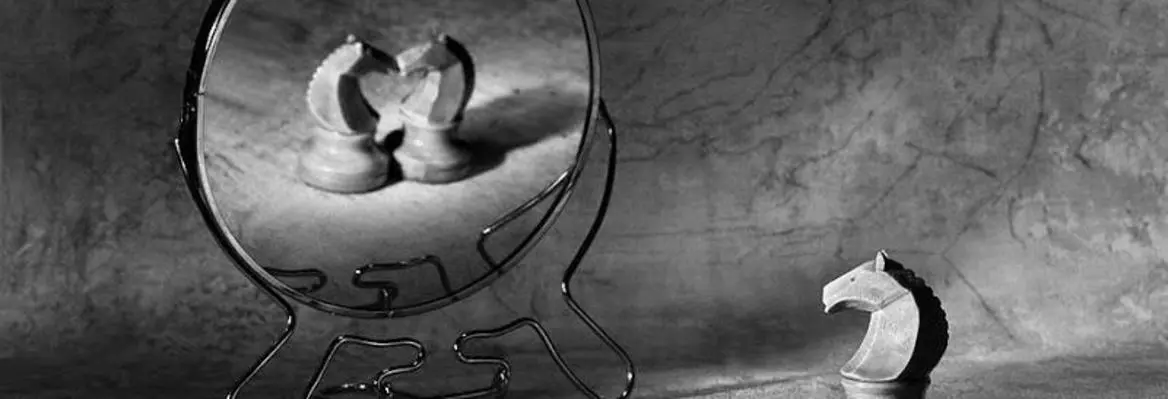It pleases the editors of the OED to release, at increasingly frequent intervals, lists of words newly added to the dictionary. They mostly divide between those you would expect to find there already, such as ‘Armagnac’, ‘anxiolytic’, ‘char sui’, and those no-one would care to look up anyway, such as ‘vlogger’, ‘VJing’, and ‘side dressing’, for they rain upon us daily from the all-enveloping digital sky. In any event, if language were a tree then this would be minor trimming and grafting around the terminal shoots, noticeable only by the obsessive, the tree-for-the-wooded. The main branches never change; they merely lignify into greater inflexibility.
Perhaps, as with trees, this is necessary to keep the structure erect. But there are cardinal aspects of language that I cannot be alone in wishing we could change, and of those perhaps the most important is the language of assertion and denial. The two principal words we have here – true and false – leave out the case that can be neither, for the question of whether it is true or false simply makes no sense.
Of course, we already have a word for this – nonsense – but it has needlessly, unhelpfully pejorative connotations. First, it implies stupidity, whereas there are kinds of nonsense only the very clever can comprehend and produce. Worse, it implies futility, whereas clever nonsense may be invaluable. Much of continental philosophy, for example, is perfectly frozen flirtation, to be conveniently defrosted in the casual seduction of humanities graduates, for whom the dark glamour of suggestive opacity is a potent aphrodisiac. Indeed, to make anything out of less than nothing is a stunning achievement, a kind of intellectual perpetual machine, only within the reach of those touched by godhead. Žižek (say) deserves all the followers he has so precociously acquired.
But even the most relaxed amongst us occasionally need to view the world other than as a playground, beyond entertainment, as a realm where the consequences of our actions matter enough for us to be tediously, fastidiously, unsexily forensic in our attention not only to truth but also to the sense on which all claims to truth are premised. Medicine is one such realm, and those of us who are its agents are bound to the uncouth sobriety that attitude demands. Though seemingly dominated by conceptually uncontroversial fact, little of the theoretical framework on which biology rests is structurally robust, and so conceptual errors undermine the edifice at least as much as any factual voids and defects.
___
"That we are all masters of the psychological vocabulary blinds us to the opacity of the rules that govern its use."
___
Nowhere is this more striking than in psychology, where the conceptual architecture is all the more challenging for seeming, superficially, so simple. That we are all masters of the psychological vocabulary blinds us to the opacity of the rules that govern its use. Psychologists are no less vulnerable to this, especially those in whom the scientific impulse is too strong to be able to resist trying to impose an order where chaos is not to be dethroned. Nor are philosophers of psychology immune: indeed, many of those who identify the disease are potent vectors of it themselves. A great deal of empirical endeavour is as a result here premised on conceptual positions that cannot support it, not because they lack substantiation, but because they are, well, “asense”, “missense”, and perhaps “perisense”, if nonsense is too uncomfortable a word.















Join the conversation